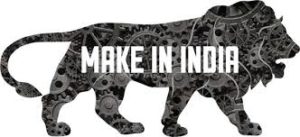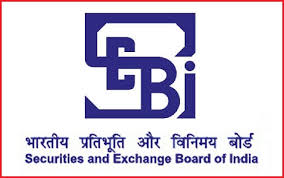
The government is considering a proposal to include micro, small and medium enterprises (MSMEs) in its definition of startups to help boost the Make in India campaign. Various government departments have held a series of brainstorming sessions to discuss the definition so that the policy can be formalised. A clear definition is imperative for the government to decide which companies can draw the benefits of any scheme for startups.
The Department of Industrial Policy and Promotion (DIPP) is spearheading the exercise of formulating the startup policy, along with ministries such as finance, skill development and MSME among others. The Start-Up India initiative is scheduled to be announced by Prime Minister Narendra Modi in January 2016 and the policy needs to be finalised by then. Progress on the initiative is being monitored directly by the Prime Minister’s Office. India wants to create an ecosystem that encourages entrepreneurship and is collecting suggestions from the startup community for steps that need to be taken to ensure that the Start-Up India initiative is a success.
Including MSMEs, collectively one of the biggest employers of people in India, is seen as positive for manufacturing and therefore employment generation, key aims of the Make in India programme. Officials are also discussing specific criteria that would make an MSME eligible to be called a startup. This would determine eligibility for incentives such as fewer compliance conditions, cheaper credit and tax benefits.
“Defining (startups) is the most complex issue. It involves technology companies MSMEs and so many other sectors. We should be able to finalise something soon,” a senior government official said.
To qualify as a startup, an entity would also have to meet certain financial standards besides having a level of innovation in its product or service. “It is better to have a broader definition of startups, so MSMEs and tech-based startups can both take advantage. The moment one leaves things for interpretation, corruption will seep in,” said Gaurav Kachru, founder, 5ideas Startup Superfuel. Startups are expected to create 250,000 jobs in India by 2020, up from 80,000 now, according to a Nasscom report. The Start-Up India initiative announced by Modi in his Independence Day speech assumes significance given the thrust by the government toward employment generation.
Economic Times View: Start Up On the Ease of Doing Business Front
A wider definition of startups should broad-base attention across industries. In tandem, we need to boost knowledge-creation, innovation and entrepreneurship to better coagulate resources for startups. Otherwise, we will fail to develop a thriving ecosystem, complete with conducive state policy support. In parallel, we need suitable tax treatment and attendant rules so that startups do not see the need to go abroad to do business here in India. We need ease of doing business with the startup economy in mind
Source:http://economictimes.indiatimes.com/articleshow/50179566.cms



